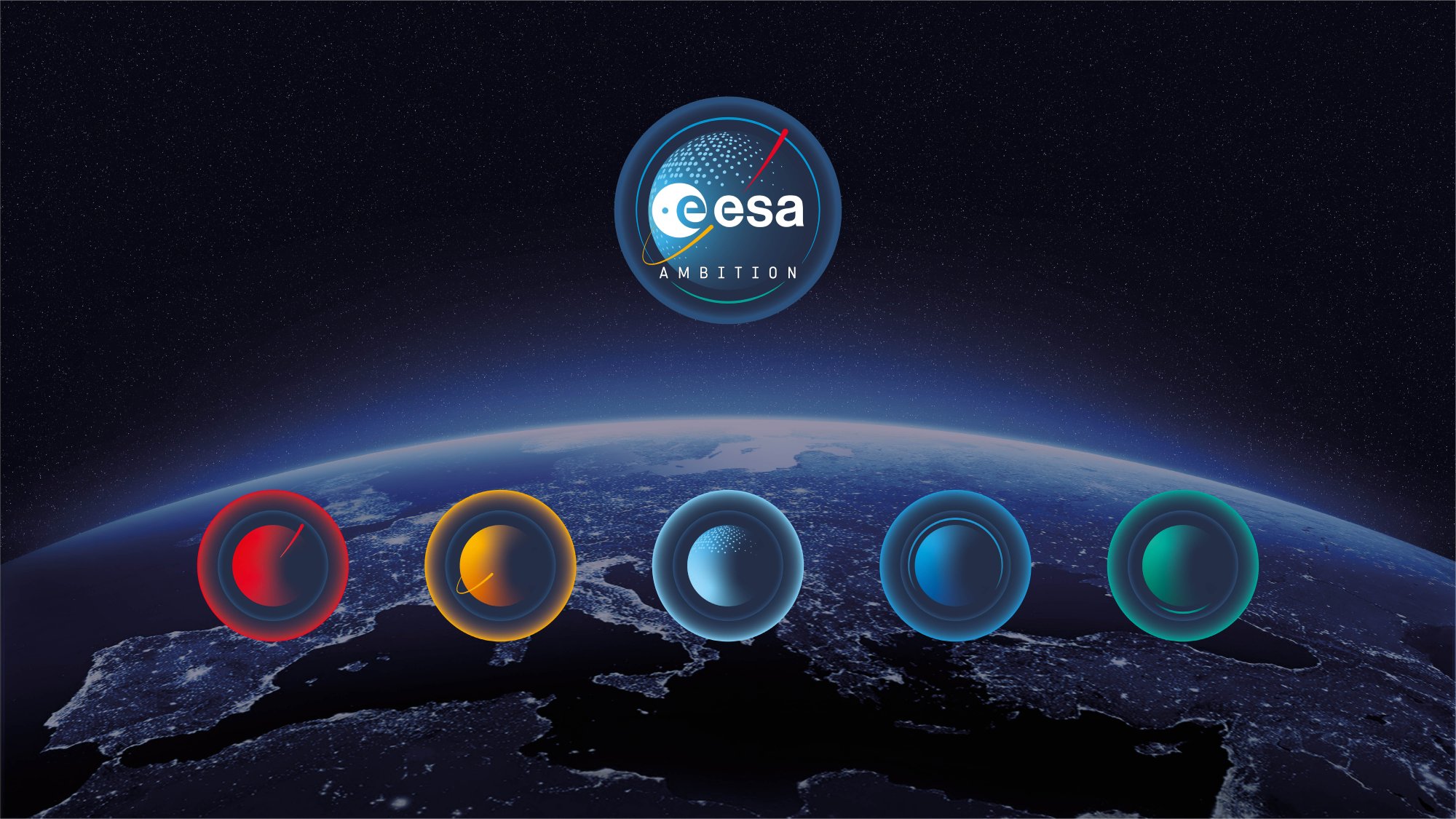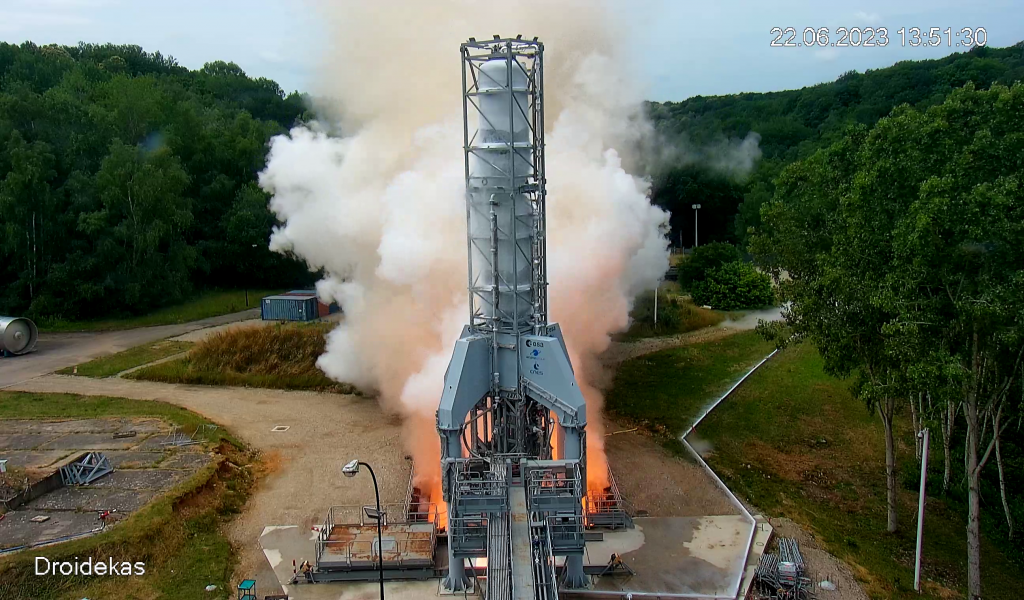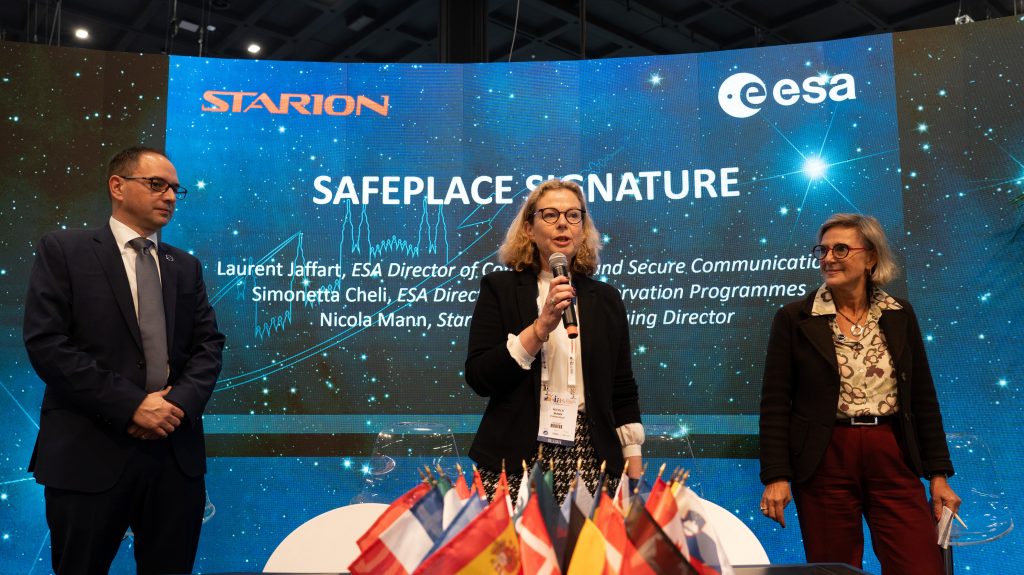Agenda 2025 defines five immediate priorities as well as the vision for the next four years. The first priority is to strengthen ESA–EU relations. ESA will closely work with the European Commission to develop a joint ambition for space in Europe and to implement space programmes for European citizens. The European Commission provides important political leadership to space activities including initiating and funding flagships addressing societal needs such as Copernicus and Galileo, which work extremely well.
Secondly, we have huge opportunities in commercialisation. In 2040, the market of space, or the space economy is about US $1 trillion, according to external estimates. Can Europe afford not to participate? Of course we cannot. European space companies should be among the biggest and best space companies, strongly contributing to a greener and more digital economic recovery.
Third, we have to make sure that space is serving European security for citizens. This is fundamental. In meteorology, we have weather forecasts that are important for the security of people, or for every single citizen; the Galileo signals, again very important for security. We have to see what we can do in security together with our Member States.
Fourth, in space transportation as well as in space exploration we have programmatic challenges ahead of us which we need to address. We need to progress in both fields and develop crucial technology and capabilities to make sure Europe does not lose its edge in space.
And we have to make ESA ready to do all that. That means we have to organise our processes internally with our Member States to make sure that we are dynamic, responsive and ready for the challenges of the future to be among the top space agencies in the world in the next decade.
But we must act now and accelerate the use of space in Europe. ESA proposes three accelerators to unite European space actors to collectively put their strengths and excellence to work to solve crises on Earth caused by natural or human-made disasters: “Rapid, resilient crisis response”, “Space for a green future” and “Protection of space assets” will make the difference when dealing with climate change and geopolitical instabilities.













